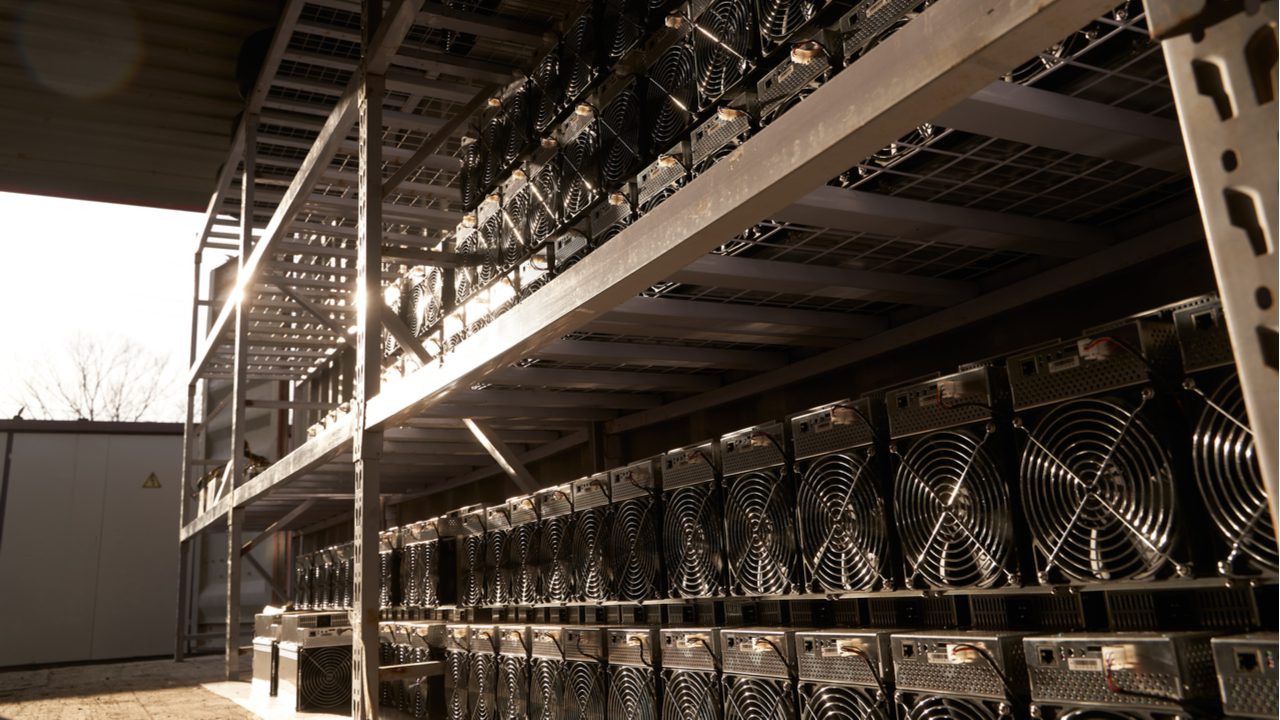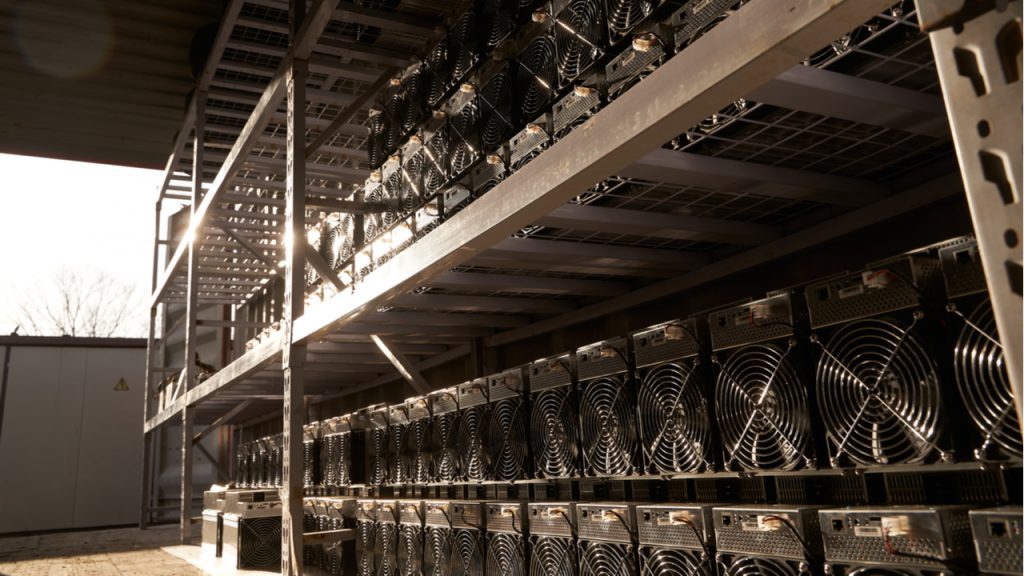
Authorities in Kazakhstan have gone after illegal crypto mining operations amid ongoing issues with electricity supply. Working together with law enforcement, the country’s energy ministry announced the closure of over a dozen facilities minting digital currencies.
Government Shuts Down Unauthorized Crypto Mining Operations Across Kazakhstan
Local departments of the Committee for Atomic and Energy Supervision of Kazakhstan’s Ministry of Energy have carried out a number of inspections to identify illegal coin mining operations in the country, the department said. Members of the country’s law enforcement and other government agencies also took part in the joint checks.
“As a result of the inspections over the past 5 days, mobile groups have identified and stopped 13 mining farms with a total consumption of 202 MW,” the ministry stated in a press release. The closed-down facilities are located in different regions of the Central Asian nation.
In the Karaganda region, authorities found mining facilities with a total capacity of over 31 MW and in the Pavlodar region – another 22 MW of mining equipment. They also unplugged hardware in the Turkistan region – 3.28 MW, Akmola region – 1.03 MW, Kostanay region – 0.82 MW, in the capital Nur-Sultan – 1.8 MW, Kazakhstan’s largest city, Almaty – 3.5 MW, and Shymkent – 4 MW.
The ministry also revealed that some miners have introduced “self-restrictions” for a total capacity of 91 MW in West Kazakhstan and another 44 MW in Karaganda. Inspectors will continue their efforts to detect and disconnect illegal crypto farms but also identify authorized mining facilities, the announcement emphasized.
The news about the government checks comes after earlier in February, President Kassym-Jomart Tokayev instructed authorities to account for all coin minting enterprises in the country and verify their tax, customs, and technical documents. He tasked the Financial Monitoring Agency with the job and the watchdog is expected to report back to the executive power by mid-March.
Offering capped electricity rates, Kazakhstan became a magnet for crypto miners, following China’s crackdown on the industry. They were initially welcomed but later the growing power deficit was blamed on their energy-intensive production. The country had to increase electricity imports from Russia and recently shut down legal mining farms amid winter blackouts.
Mass protests over rising energy costs, mainly fuel prices, erupted in the first days of the year, threatening Tokayev’s rule. To quell the unrest, his administration temporarily closed down banks and restricted access to the internet, affecting mining and the global bitcoin hashrate. The political turmoil and power supply interruptions have already forced some mining companies to seek more stable conditions elsewhere.
Do you think more crypto miners will leave Kazakhstan following the latest government moves? Tell us in the comments section below.
Image Credits: Shutterstock, Pixabay, Wiki Commons
Disclaimer: This article is for informational purposes only. It is not a direct offer or solicitation of an offer to buy or sell, or a recommendation or endorsement of any products, services, or companies. Bitcoin.com does not provide investment, tax, legal, or accounting advice. Neither the company nor the author is responsible, directly or indirectly, for any damage or loss caused or alleged to be caused by or in connection with the use of or reliance on any content, goods or services mentioned in this article.
Read disclaimer


